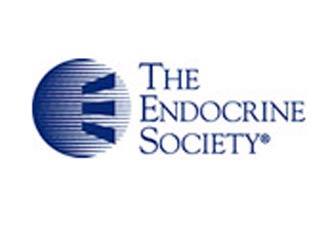
About 8 adults who were full after having their meals participated in the trial. The participants were fed their favorite snacks followed by normal food after some time. Levels of two hormones associated with reward centers namely ghrelin and 2-AG were calculated.
The levels of the aforesaid chemicals seemingly increased in the subjects while they indulged in their desired foods. However, these substances were not activated while eating less palatable foods. This stimulation of the chemical reward system appeared to surpass the body’s signal that it does not require more energy.
“Hedonic hunger’ refers to the desire to eat for pleasure, and to enjoy the taste, rather than to restore the body’s energy needs,†cited Palmiero Monteleone, MD, of the University of Naples SUN in Italy and lead author of this study.
Published in the Journal of Clinical Endocrinology & Metabolism, the analysis revealed that this kind of pleasure or hedonic eating may lead to excess eating in surroundings thronged by plenty of delicacies. Subsequently, such behavior could spur the obesity epidemic and manifest into eating disorders as well.
Binge eating is now referred to as an addiction-like behavior, correlated with drugs, alcohol or smoking. However, the team believed that understanding the innate mechanisms involved in the process is crucial.
